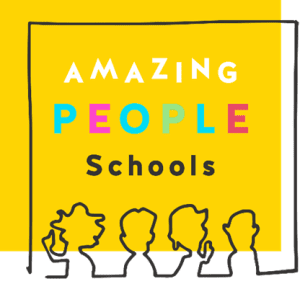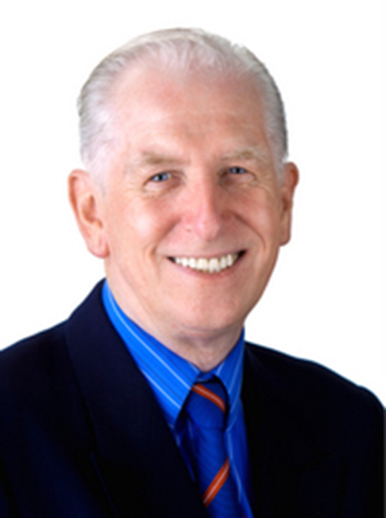By Dr Charles Margerison
Psychologist
A colleague asked me how my research on amazing achievers can support students in schools in regard to their understanding of diversity and inclusiveness.

The first thing to say is that there are role models of amazing achievers in all societies and cultures. In education, we tend to focus on certain people who have been recognised for their contributions and feature in the curriculum. However, they came from many cultures and diverse backgrounds.
Thomas Edison – despite being profoundly deaf and having very little formal education, he became the doyen of inventors and innovators by registering nearly 2000 patents and forming the giant General Electric Company.
Funmilyo Ransome Kuti – she was a teacher who led the fight for women’s rights and formed the Nigerian Women’s Union
B. R Ambedkar – was born in to the Dalit community, regarded in India at the time as the untouchable lower class people. Despite caste barriers, he qualified as a lawyer and became the Indian Minister of Law and Justice.
Marie Curie – is the only women to have won two Nobel prizes in different areas of science.
Soong Ching-ling – she was part of the communist revolution in China and became acting head of State and eventually Honorary President of the People’s Republic of China.
These are just a few exemplars of people who made major contributions to their countries. They also reflect diversity in regard to cultural, gender, educational, political and other backgrounds. Therefore, how do we encourage and foster more people to achieve their potential, regardless of their ethnic or economic background?
 Amazing People Schools is the network organisation I founded to support student achievement We now have over 100,000 students engaged with our education resources which has been awarded the prestigious kitemark of the Association of Character Education, and other wellbeing awards.
Amazing People Schools is the network organisation I founded to support student achievement We now have over 100,000 students engaged with our education resources which has been awarded the prestigious kitemark of the Association of Character Education, and other wellbeing awards.
Primary and Secondary school students can access the life stories of amazing achievers via our whole school resource suite. In doing so, they can become inspired, and see ways in which they can make the best of their own lives.
They also learn to appreciate and respect people from other cultures. Students learn that it is one’s personal positive contribution that counts. This reflects diversity, as there is no one set system or approach.
Diversity is a key to innovation. It becomes meaningful as students see the focus should be on effective action, not on people’s colour or country.
Diversity is also the key to democracy. The fact that people from different communities can be elected to public office enables voices from various sectors of the community to be heard.
Diversity is the key to learning. People from different lands and cultures bring together their unique perceptions and talents to solve problems and find solutions.
Amazing People Schools is a community that supports these important issues in practical ways. We do this by helping students develop their own identity by learning with and from amazing achievers who showed what is possible.
People who succeeded in life did so because they developed strengths in particular areas. Developed by teachers for teachers, our resources offer engaging ways to help students be the best version of themselves!

Dr Charles Margerison, President and founder of Amazing People Worldwide, is a Psychologist. He is also President of Amazing People Schools. Dr Margerison has consulted widely for major organizations in the fields of organizational and educational psychology. He was previously Professor of Management at Cranfield University, UK, and the University of Queensland, Australia. He founded Amazing People Worldwide in 2006 and is supported by a dedicated global team. He previously co-founded Emerald Publications, and Team Management Systems and has authored more than 30 books. Dr Charles is also the creator of ‘Can Do Kids Worldwide, a virtual music group that helps students to learn about countries and cultures through music. He has also developed Imagineland, for early learners. You can follow him on Linked in .
For more information, please email info@amazingpeopleworldwide.com
Websites:



Copyright © 2021. Amazing People Worldwide.
All Rights Reserved.
This site is protected by reCAPTCHA and the Google
Privacy Policy and Terms of Service apply.



